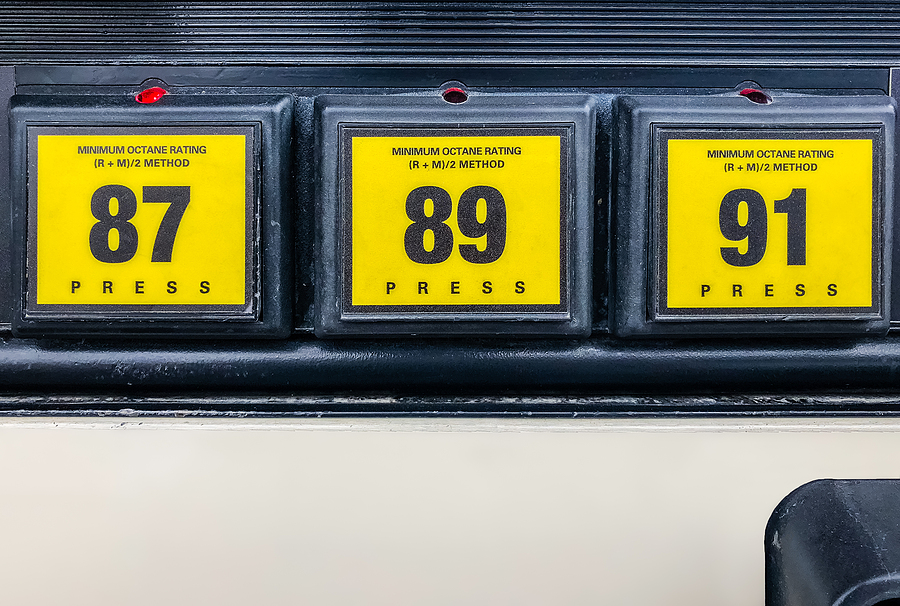Regular Gas and Premium Gas Facts – Find Out if High Octane Fuel is Worth The Expense

Most cars run on regular fuel, but some need premium. Unfortunately, the difference between these two types of gasoline isn’t always clear, which has led to some people overspending at the pump. Keep reading if you don’t know what to put in your car’s tank. Your wallet might thank you for the money that you saved.
So, what’s the difference between premium and regular Gas?
The octane level of regular Gas is usually 87 in most states. On the other hand, premium gas is usually 91 or 93 octane. If the fuel is more powerful, it can withstand more compression before it explodes. The higher the octane rating, the less likely the detonation will happen at the wrong time. This might happen occasionally, but it’s not likely to hurt your car. However, if it happens a lot, it could speed up the decline of your engine’s performance.
Engines with high compression ratios or turbochargers often need high-octane fuel, which is found in premium gas, to get the best performance and fuel efficiency. There are, however, a lot of cars on the road today that is made to run on regular Gas.
If your car doesn’t require premium, fill it up with regular.
Why spend money on something you don’t need? Premium gas costs about 50 cents per gallon more per gallon than regular Gas, but it does not affect cars that can’t use it. Using a higher-octane gas than your owner’s manual says you should do any good. Make your car run better, faster, get more mileage, or run cleaner: “It won’t.”
The detergent additives in your Gas are far more important than the octane level. They help clean your engine and make your car run better. Each store has a different mix of additives used in all grades. For example, you can find Techron in Chevron’s gasoline types: regular and premium.
Some people have higher standards for adding things to their food. For example, BMW, General Motors, Honda, Toyota, Volkswagen, and Audi helped create the Top Tier Gasoline standard, requiring more detergent additives than the EPA. They say that lower concentrations of detergent additive can leave more deposits on engine parts, such as fuel injectors and intake valves if they aren’t cleaned as often. This, in turn, can make the engine run slower and cause more pollution.
If your car requires premium, fill it up with premium.
Engines with a high compression ratio usually need more octane fuel to get the performance, fuel efficiency, and emissions they need. So make sure you get the best Gas for your car if it needs it. While you might save money on Gas, your car will be less powerful and more fuel-efficient. This can make a big difference in cars that have turbocharged engines.
What if your car needs premium Gas, but there isn’t any? Modern cars have sensors monitored by the computer in the engine to keep the engine from jolting when it’s running on low-octane fuel, which can damage the engine. Your car may be able to run on its own from time to time, but we don’t recommend putting it to the test regularly. The engine’s computer can change the ignition timing.
In a modern car, the ECU (Electronic Control Unit) can figure out how different octane levels affect how well it runs so that it can change accordingly. There’s a good chance that your horsepower and MPG will go down, but CO2 emissions will go up, too. When you buy something, you get what you pay for.
If your car only recommends premium, the choice is yours.
Like the Ford F-150 and Mazda MX-5 Miata, some cars require premium gas but don’t want you to use them. AAA did some research and found that these cars had a small boost in performance and fuel economy when they ran on premium gas. Premium gas can help people who drive high-end or high-performance cars show off their cars’ best features.
But if your owner’s manual says that “premium fuel is recommended,” you can run your car on regular fuel without worrying about it. Commuters who need to get from Point A to Point B may not notice or care about how they drive. There is no right or wrong answer. Your car, your way.
